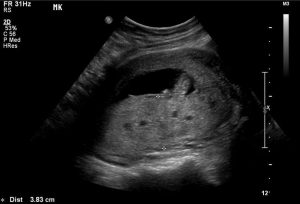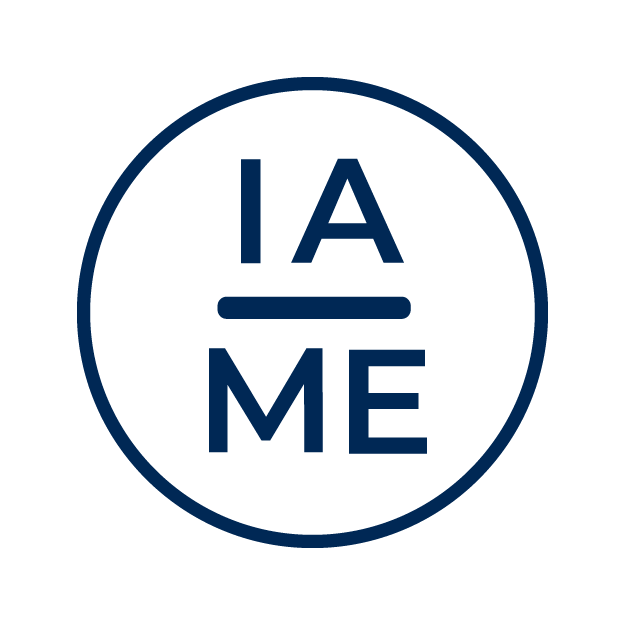
Course Overview:
This course provides a comprehensive understanding of triploidy, a chromosomal abnormality where each chromosome occurs three times, resulting in a total chromosome number of 69. It covers the etiology of triploidy, its prevalence in clinical conceptions, and the variations in karyotypes including 69,XXX; 69,XXY; and 69,XYY. Emphasizing the importance of early detection, the course delves into the first and second trimester sonographic findings associated with triploidy, such as growth restriction, placental abnormalities, and congenital anomalies. It also explores the differential diagnosis for triploidy, including conditions like trisomy 13 and 18, as well as placental mesenchymal dysplasia. This course is crucial for healthcare professionals involved in prenatal care and genetic counseling, providing them with the knowledge to identify and manage cases of triploidy effectively. Enroll now, or continue to read more about this course.
Key Features of Triploidy Course:
- Gain comprehensive insights into the genetic basis, types, and clinical significance of triploidy.
- Learn to identify key sonographic markers in the first and second trimesters.
- Understand the differential diagnosis for triploidy and how to manage it effectively during prenatal care.
Earn ACCME Category 1 PRA Credit:
Course Benefits:
- Learn to apply this knowledge in clinical settings, improving patient counseling and management strategies.
- Earn 1 AMA PRA Category 1 ™ credits.
- Professional Development
Who Should Enroll:
Course Duration:
Enroll Now:
Join our comprehensive course to enhance your skills in detecting and managing this chromosomal abnormality. Enroll now to advance your understanding and contribute to improved outcomes in fetal health.
